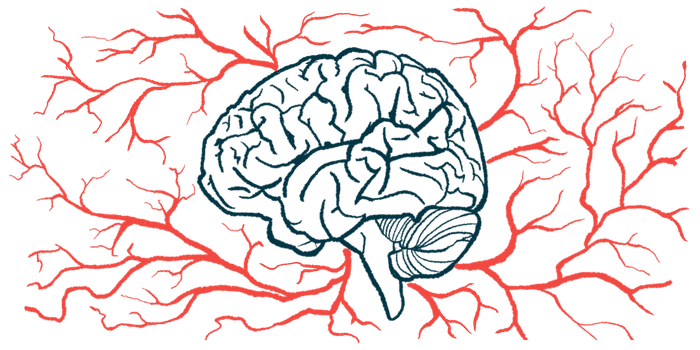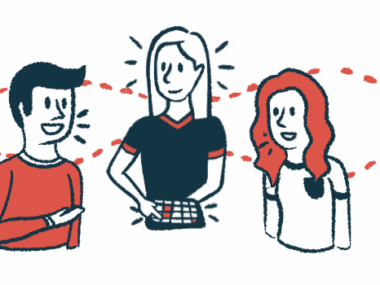Advancing brain-computer interfaces is new collaboration’s aim
Implantable devices may restore function lost to neurological diseases
Written by |

Researchers at Mass General Brigham have started an effort to develop brain-computer interfaces (BCI) for people with neurological diseases or brain injuries, including amyotrophic lateral sclerosis (ALS).
BCI technologies rely on a person’s unique brain signaling patterns to interpret their intentions, then use that information to control a device to help people with mobility or speech issues communicate or perform daily tasks with just their thoughts. The Implantable Brain-Computer Interface Collaborative Community (iBCI-CC) hopes to bring together a range of stakeholders to accelerate the development, safety, and accessibility of such devices.
The U.S. Food and Drug Administration (FDA) will also take part, making the initiative a “collaborative community” of private- and public-sector members, and likely the first such community in the clinical neurosciences to be joined by the federal regulator.
“Brain-computer interfaces have the potential to restore lost function for patients suffering from a variety of neurological conditions,” David McMullen, MD, director of the Office of Neurological and Physical Medicine Devices in the FDA’s Center for Devices and Radiological Health, and iBCI-CC member, said in a press release. “However, there are clinical, regulatory, coverage and payment questions that remain, which may impede patient access to this novel technology.”
McMullen said IBCI-CC will act as an “open venue to identify, discuss, and develop” ways to overcome these concerns.”
Aiding neurological disorders like ALS
The collaboration was organized by three interdisciplinary leaders, including Jennifer French, executive director of the Neurotech Network. A Paralympic silver medalist who has a spinal cord injury. French uses an implanted neurotech device for daily activities.
“Bringing diverse perspectives together, including those with lived experience, is a critical component to help address complex issues facing this field,” French said. “This ecosystem of neuroscience is on the cusp to collectively move the field forward by addressing access to the latest groundbreaking technology, in an equitable and ethical way.”
The technology would bring real benefits for people with neurological disorders, said Leigh Hochberg, MD, PhD, director of the Center for Neurotechnology and Neurorecovery at Massachusetts General Hospital, and a iBCI-CC organizer.
“Increasing discoveries in academia and the launch of multiple iBCI and related neurotech companies means that the time is right to identify common goals and metrics so that iBCIs are not only safe and effective, but also have thoroughly considered the design and function of the people who hope to use them,” Hochberg said.
Joe Lennerz, MD, PhD, director of the Pathology Innovation Collaborative Community, is another organizer of the initiative, which is supported by key stakeholders, including Merit Cudkowicz, MD, director of the Sean M. Healey and AMG Center for ALS at Massachusetts General Hospital, and Julianne Dorn, professor of neurology at Harvard Medical School.
“The collaboration of numerous thought leaders plays a pivotal role, with a crucial emphasis on regulatory engagement to unlock benefits for patients,” Lennerz said.
Cudkowicz and Dorn said the ALS community is excited about the prospect of new devices to help ALS patients communicate with their “family, friends, and care partners.”
The Boston-based healthcare system Mass General Brigham will regularly convene iBCI-CC meetings that will be open to the public, and provide administrative support.
“We are thrilled to convene the iBCI-CC at Mass General Brigham’s [data science office],” said Bailey McGuire, program manager of strategy and operations at Mass General Brigham’s data science office. “By providing an administrative infrastructure, we want to help the iBCI-CC advance regulatory science and accelerate the availability of iBCI solutions that incorporate novel hardware and software that can benefit individuals with neurological conditions. We’re excited to help in this incredible space.”






